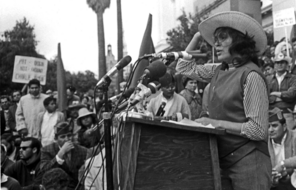Resource Library
Find compelling classroom resources, learn new teaching methods, meet standards, and make a difference in the lives of your students.
We are grateful to The Hammer Family Foundation for supporting the development of our on-demand learning and teaching resources.

Introducing Our US History Curriculum Collection
Draw from this flexible curriculum collection as you plan any middle or high school US history course. Featuring units, C3-style inquiries, and case studies, the collection will help you explore themes of democracy and freedom with your students throughout the year.
3349 Results
Climat Scolaire
Les ressources de cette catégorie sont destinées à vous aider à créer un climat bienveillant en classe avec les jeunes afin de vous permettre d’aborder plus facilement des sujets sensibles et délicats d’une façon visant à renforcer les valeurs et principes de la démocratie.

Teaching Mockingbird Media and Readings
Enrich your teaching of To Kill a Mockingbird with this set of videos, photographs, and readings that will help students contextualize the novel.

Confronting Apartheid
Examine how South Africans grappled with their history, from early interactions with white European settlers, resistance to the imposed apartheid regime, and a long struggle for democracy.

What Makes Democracy Work?
Explore this collection of lesson plans that cover a wide range of themes related to democracy, including citizen power and civic participation, the rule of law, the role of a free press, and more.
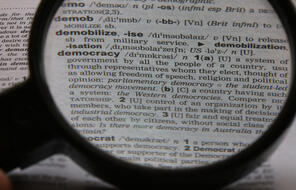
Teaching with Testimony
Engage students in personal accounts from survivors with this collection of video testimony, survivor profiles, and a lesson plan.

Survivors and Witnesses: Video Testimony
This collection features powerful accounts of the Holocaust, told by survivors, rescuers, and witnesses, selected from USC Shoah Foundation’s Visual History Archive.
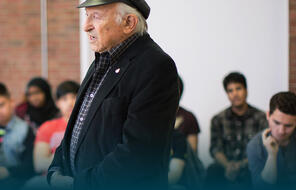
Teaching Holocaust and Human Behaviour (UK)
Lead your students through a detailed and challenging study of the Holocaust that asks what this history can teach us about the power and impact of choices.

Universal Declaration of Human Rights
Use this unit to help students gain context on the drafting of the Universal Declaration of Human Rights, the role of Eleanor Roosevelt in its creation, and the legacies of this document today.
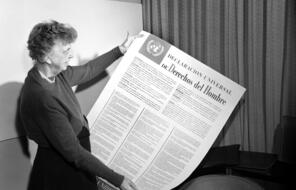
Choices in Little Rock
Get resources for teaching a unit on the efforts to desegregate Central High School in Little Rock, explored through the lens of civic choices.
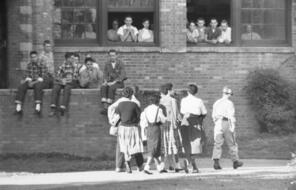
Resources for Civic Education in California
Explore resources that meet the California History–Social Science Framework standards.

Latinx Rights in 1960s California
Explore two pivotal moments in the Latinx rights movement in California: the East LA school walkouts and the first year of the Delano grape strike.
